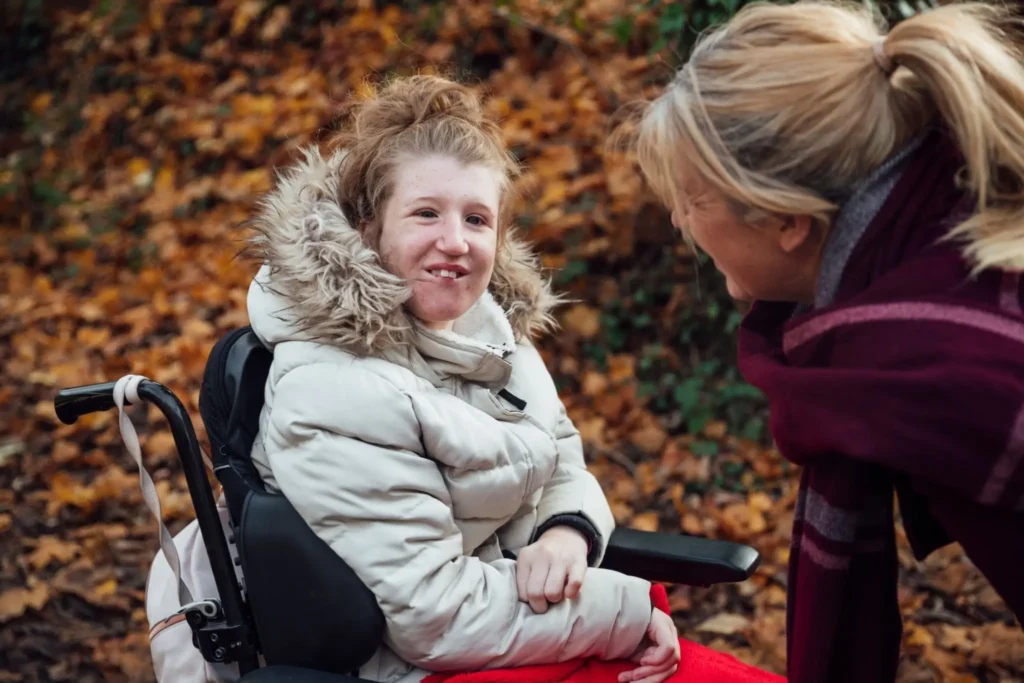The Louisiana Department of Health (LDH) caters to those who have developmental disabilities through the Office for Citizens with Developmental Disabilities (OCDD). Under the system, eligible citizens can obtain the help they need through special services and programs, monetary assistance programs, waivers, and more. However, these benefits are only available to those who meet the OCDD’s definition of a developmental disability. If you want to learn whether you or a loved one might qualify for help through OCDD in Louisiana, continue reading.
What is a Developmental Disability?
Per the CDC, a developmental disability is a condition arising due to an impairment in behavior, learning, physical, or language areas. The vast majority of developmental disabilities start in the womb, but that’s not always the case. They may also occur post-birth in response to an infection or injury, or sometimes for unknown reasons. Some of the most widely known developmental disabilities include:
- Cerebral palsy
- Downs Syndrome
- Autism Spectrum Disorder (ASD)
- Attention Deficit/Hyperactivity Disorder (ADHD)
The OCDD’s Definition of Developmental Disabilities
Even if you or a loved one does indeed have a disability, it doesn’t necessarily mean that the OCDD will find you eligible. The OCDD’s definition of developmental disabilities concerns two very specific criteria.
The disability must:
- Be severe in nature.
- Be chronic (expected to continue without an expected end date).
- Have been diagnosed before the age of 22.
- Encompass either intellectual, physical, or a combination of physical and intellectual impairments.
- Cause considerable functional limitations (learn more about qualifying limitations here).
- Not have anything to do with mental illness.
- Begs the need for services, treatments, or other assistance for a substantial duration of time.
OR the disability must:
- Be a substantial developmental delay OR specific congenital/acquired condition in an individual from 0 to 9 years of age & will likely result in the criteria listed in the above list as the person ages.
Individuals who meet one of the criteria above have a developmental disability, as defined by the OCDD. Just know that citizens are not automatically in line to receive services because they have a developmental disability. There are specific application procedures you’d need to follow to determine whether you’re eligible for OCDD developmental disability services.
How to Get Started with the OCDD
Getting started with the OCDD can be daunting for the average citizen. Given that the programs, resources, and services offered by the OCDD are all different, there are unique procedures in place to help people gain necessary access. For instance, if you want to learn more about, or apply for, Flexible Family Funds, you’ll need to contact a human services authority or district and start the process there.
Support coordination agencies assist with case management to make it easier to access services through the OCDD. So, there you have it – a look at what a developmental disability is according to the OCDD. We hope you found the information you were looking for, and we wish you the best as you explore benefits and services that may be available to you.


